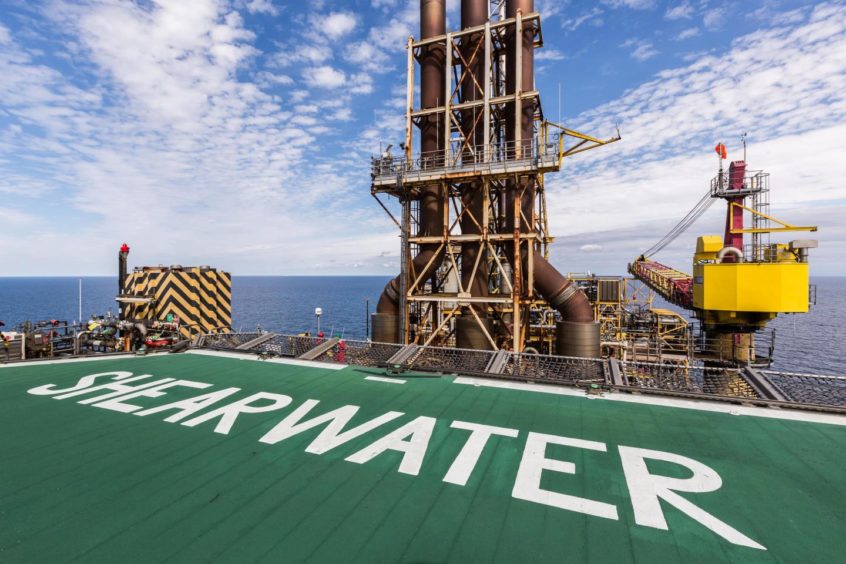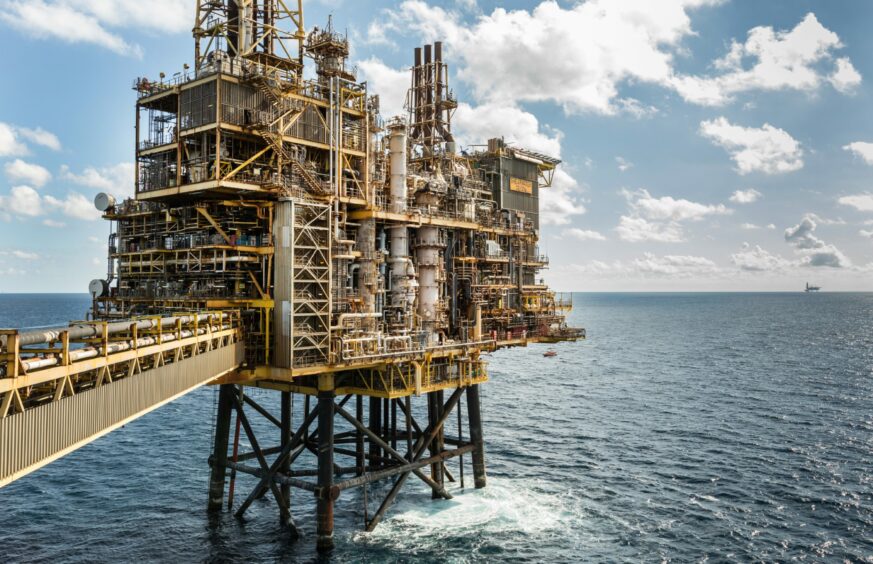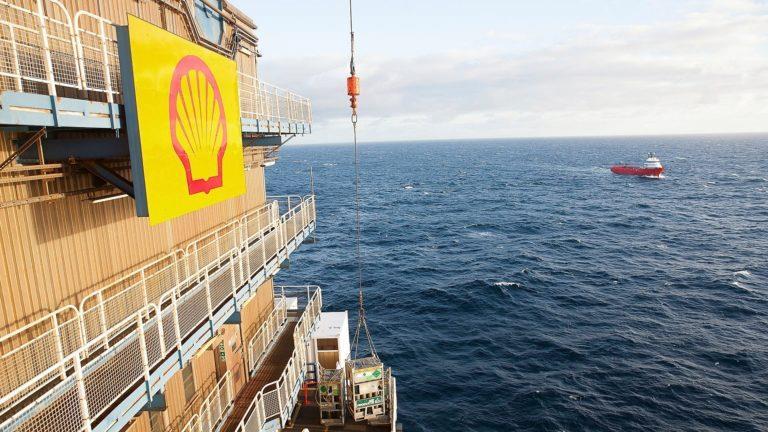
Shell holds its annual general meeting (AGM) today and the event is widely expected to be dominated by clashes over the energy giant’s record on climate change.
Shareholder activists will push for faster action on environmental issues at the meeting at the Excel Centre in east London.
Climate protesters are expected to gather outside the venue.
It follows record annual and first-quarter profits at the North Sea oil and gas major.
Clamour for tighter targets
Activist group Follow This has filed a resolution calling for Shell to tighten its 2030 reductions targets for emissions on the products it sells.
The resolution has been backed by proxy adviser Pirc, which has also called for shareholders to vote against reappointing the company’s chairman, Sir Andrew Mackenzie, and oppose its annual report for failing to address climate risks by setting adequate targets.
Dutch pension managers PGGM and MN, which are leading engagement with Shell on behalf of Climate Action 100+, the world’s largest climate-focused investors group, has also recommended votes for the resolution.
Follow This founder Mark van Baal said: “As long as investors enable ‘big oil’ to cause climate breakdown with their votes against Paris-alignment, oil majors will hang onto their fossil business model as long as possible.
Mr van Baal added the oil majors would also continue to invest in fossil fuel extraction “far outside the boundaries of the Paris Accord”, lobby against climate legislation and “not invest in alternatives at scale”.
He went on to accuse the industry’s biggest players of riding roughshod over the law.
As an example, he cited Shell “largely ignoring the Dutch court ruling to reduce all emissions this decade”.
Proxy advisers ISS and Glass Lewis have recommended votes against the Follow This resolution.
We trust a vast majority of shareholders will agree on the need to collaborate in balancing the supply and use of energy to accelerate the energy transition.”
Shell
Shell said it “strongly” disagrees with the activist resolution and the organisations which have recommended supporting it, and welcomes the position of ISS and Glass Lewis.
A Shell spokesperson said: “We trust a vast majority of shareholders will agree on the need to collaborate in balancing the supply and use of energy to accelerate the energy transition, while reducing the social costs.”
The Follow This resolution is not expected to receive enough votes to pass.
Nevertheless, it will pile pressure on the board and new chief executive.
Shell made £68 billion in core profits last year, the highest in its 115-year history.
And the London-headquartered firm hauled in £11.57bn in pre-tax profits during the first three months of 2023 – equating to about £128.6 million a day, or nearly £1,500 per second.
North Sea operators are paying more to the UK Treasury as a result of the energy profits levy – the so-called “windfall tax”.
But the colossal earnings of firms including Shell, Equinor and BP continue to anger people amid the cost-of-living crisis. Campaign groups like Global Witness and Greenpeace have used recent results to argue for more taxation for the industry.
Windfall tax worries
The oil and gas sector has warned the levy will drive away investment and many north-east business leaders, including Sir Ian Wood, tend to agree.
Meanwhile, Shell’s investors are due to vote on pay packages for 2022, including that of outgoing chief executive Ben van Beurden.
He took home £9.7 million, including a £7.5 million bonus – a jump of more than 50% from the previous year.
Tomorrow’s AGM will also be the first time new boss Wael Sawan, who has worked at Shell since the 1990s, faces shareholders as CEO.
Recommended for you

 © Simon Price
© Simon Price © Supplied by Shell
© Supplied by Shell